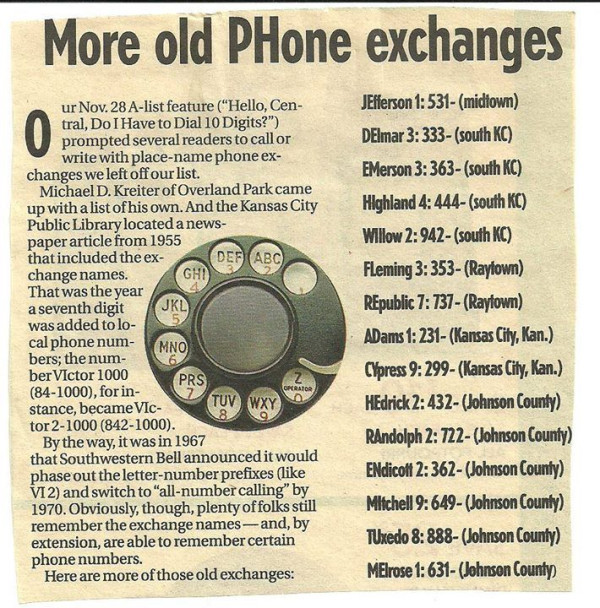How to Claim a Relative’s Abandoned Property
Any unclaimed property becomes property of the state. So what happens if a relative of yours dies and hasn’t written a will or kept any financial record of it?
May 10, 2024

Any unclaimed property becomes property of the state. So what happens if a relative of yours dies and hasn’t written a will or kept any financial record of it? If you do not make an effort to claim the property despite being the rightful person to inherit it, the property will likely be unknowingly forfeited. This article will provide an overview of how to claim a relative’s abandoned property.
Understanding Property Inheritance
The first step before claiming the abandoned property is to check whether you are a legal heir of the deceased relative’s property. This process may require in-depth research because you have to go through inheritance laws of the particular state where the property is located. If you are not familiar with the state’s inheritance laws, you can request legal consultation from a reputable real estate organization to confirm your inheritance and obtain possession of the desired property.
Claiming a Property
After determining that an abandoned property belongs to you, check whether the property has gone beyond the dormancy period. Generally defined as a 5-year timeframe in the United States, a dormancy period is the statutory time period between when a financial institution announces an asset as unclaimed and the state authorities deem that asset as abandoned. After this period, a property gains an escheatment status, which is the process of the government taking ownership of unclaimed properties and assets. Even if the government has taken ownership of a property, you can claim it by filing an application with the relevant state at a nominal fee. Keep in mind each state has its own process for claiming a property, which may be tedious but worth it to gain an asset! Once you file your claim, the state will initiate an investigation to confirm your claim and determine if you are the only claimant. Generally, state authorities require the following documents to submit a claim:
- Death certificate
- Statement of relationship or heir
- Prior tax return
- Stock certificate
- Gift return
This list is not complete but includes the most common documents requested by officials. Once the verification is complete, state jurisdiction will either deny the claim or accept it. If you are denied, you have the right to request the denial reasons. Often times the reason for denial can be a minor documentation issue so don’t give up! Once you have additional documentation you can always reapply for a claim. If your claim is accepted, you officially become the legal property owner. Once you obtain property rights, the asset is taxable. You will receive an IRS 1099 tax form from the state. If you would like assistance obtaining unclaimed property rights, consider free services from an organization called the National Association of Unclaimed Property Administrators (NAUPA). NAUPA’s mission is to return unclaimed property to its rightful owners and is a great resource for guiding you through the process. Whatever you do, don’t let a relative’s abandoned property end up on the Zombie list. Legally claim your entitled asset!

Did You Know Telephone Numbers Were Different Back in the Day? Here’s What You Need to Know!
Did you know phone numbers used to include words instead of just digits? Learn how the telephone exchange system made dialing easier, why it was phased out, and where you can still find traces of it today.

The Story of 1807 Dupont Avenue South: A Minneapolis Queen Anne With 120 Years of History
Step inside 1807 Dupont Avenue South, a historic Queen Anne home in Minneapolis. From three generations of the Jamieson family to a modern restoration, this house has seen it all.

The Marrian Moyer House: A Monument to Past Lives and Architectural Creativity
Join us for a tour of our Marrian Moyer House, a place where the past is still visible in the stained-glass windows and the exquisite woodwork. Learn about the occupants of this home and how they lived in this grand example of early 20th century architecture.

Architectural Innovator: Unveiling the Genius of Raphael Soriano
Step into the world of architectural brilliance as we delve into the legacy of Raphael Soriano, a visionary who redefined the landscape of design.